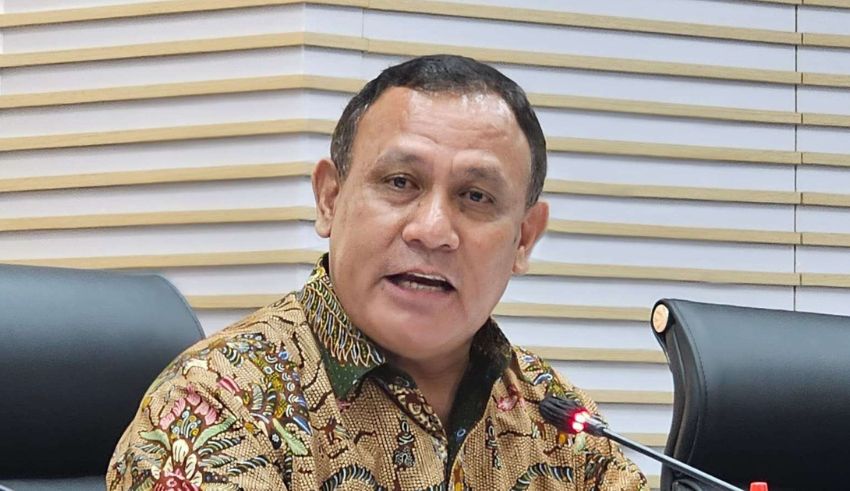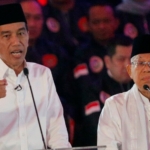
In a recent turn of events, Ade Safri Simanjuntak, Director for Special Crime at Jakarta’s police, revealed on Wednesday that compelling evidence has surfaced, leading to the identification of Firli Bahuri, Chairman of Indonesia’s Corruption Eradication Commission (KPK), as a suspect in an alleged extortion case involving former Minister of Agriculture Syahrul Yasin Limpo.
The charges against Bahuri span corruption offenses, encompassing allegations of extortion and the acceptance of gratuities or gifts associated with his public position. This move by the police follows the arrest of Syahrul Yasin Limpo, who stands accused of misappropriating over $800,000 in public funds.
In a press conference held on Monday, preceding his official designation as a suspect, Bahuri vehemently denied any involvement in extortion or bribery, asserting, “I have never engaged in extortion or bribery with anyone.” These accusations cast a cloud over the leadership of KPK, a pivotal institution in Indonesia’s anti-corruption endeavors.
Keep Reading
The legal implications are substantial. Indonesian law mandates the suspension of the head of KPK if identified as a criminal suspect. President Joko Widodo, responding to inquiries about the allegations involving Bahuri, affirmed his commitment to “respect the due legal process.”
Ari Dwipayana, the president’s coordinator of special staff, revealed that a preliminary presidential decree for Bahuri’s temporary removal from the position of KPK Chairman is “now in preparation.”
This development holds potential consequences for Indonesia, currently ranked 110 out of 180 countries on the Corruption Perception Index by Transparency International. The allegations against Bahuri raise concerns about the effectiveness of Indonesia’s anti-corruption measures and may impact the nation’s political landscape.
As the situation unfolds, it underscores the challenges in maintaining transparency and accountability, crucial elements in the ongoing battle against corruption in Indonesia.

























